Prepare for Drupal 11! Learn what website owners need to know about the Drupal 11 release date, key features, and why upgrading to Drupal 11 is crucial for your site.
Blog

Digital channels open up a world of possibilities for small and medium enterprises (SMEs), allowing them to reach wider audiences and better engage with customers. A Composable Digital Business Platform, especially a Composable Digital Experience Platform (DXP), provides the backbone for successful digital transformation. At the heart of a DXP lies a powerful Web Content Management System (WebCMS) that empowers you to create compelling content, seamlessly integrate tools, and deliver engaging experiences across all channels. Here are the essential attributes to consider when choosing your DXP's WebCMS foundation
CMS vs. DXP: Choosing the Right Engine for Your Website's Growth, and Why Drupal Might Be the Answer

Dive into the DXP vs CMS debate to propel your website's growth. Discover the distinctions and learn why Drupal emerges as the ideal choice for unlocking your digital experience platform's full potential.

Learn the significant benefits of migrating or upgrading to Drupal 10. Enhance your website's performance, security, and capabilities with this comprehensive upgrade.

Explore the best Drupal hosting solutions! Our guide helps you navigate the options, find the perfect match, and optimize your project's performance. Make an informed choice for seamless Drupal hosting.
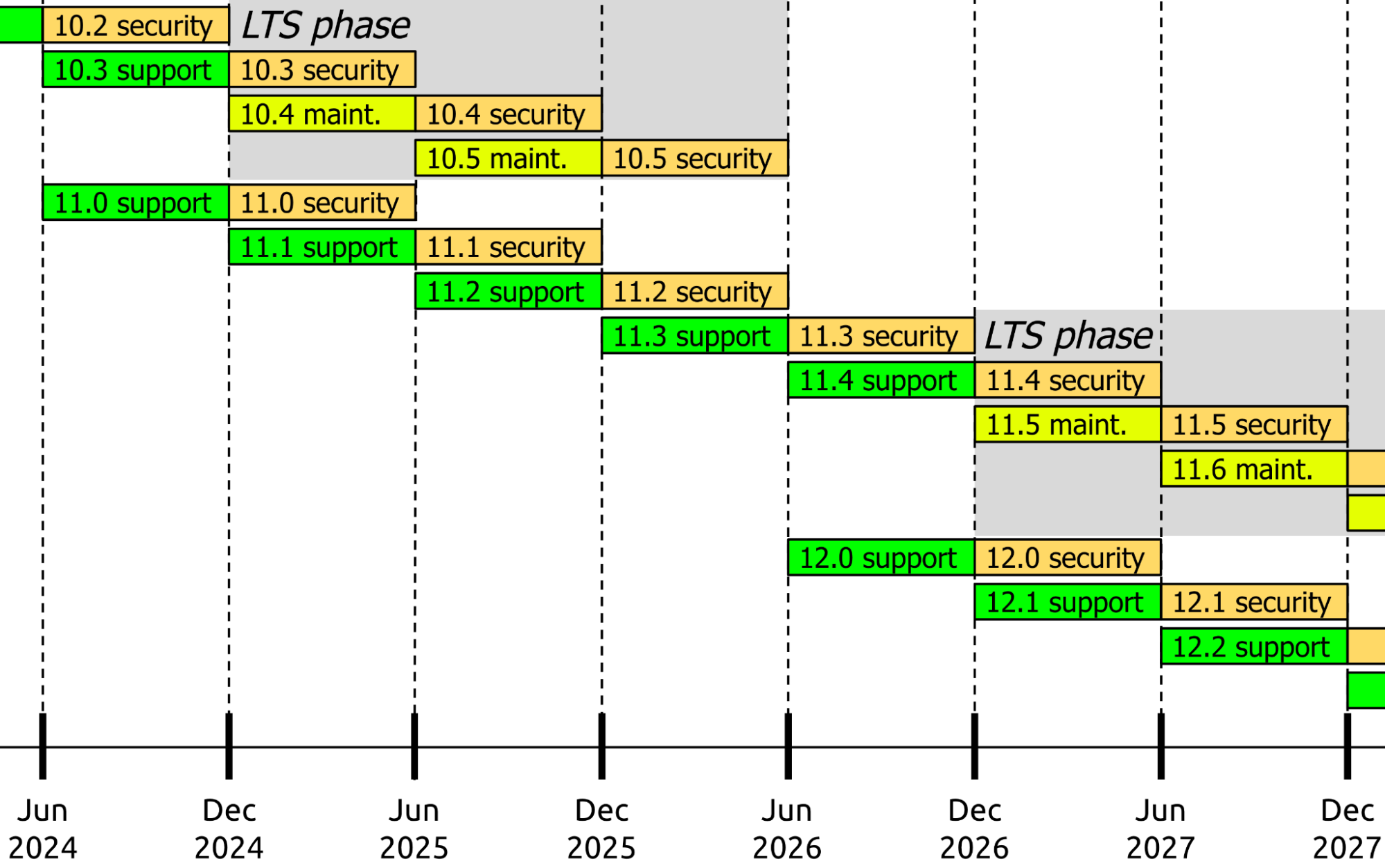
The digital landscape demands agility and foresight. With Drupal's revised release and support plan, users now have a reliable framework to stay ahead of the curve. Unpredictable release schedules often created uncertainty and complexity in maintaining Drupal-powered websites. However, those days are now behind us. Drupal has introduced a significant shift in its release and support strategy, empowering its users to confidently plan for the future and address challenges with newfound clarity. Let's explore what this means for the Drupal community

Modern websites have transformed significantly beyond static pages and basic interactivity. With the seamless integration of mobile and web technology, the goal is to offer immersive and dynamic digital experiences. This evolution is primarily driven by the demands of today's users, who expect a blend of intuitive design, personalized content, and cross-platform accessibility. As a result, the rise of Digital Experience Platforms (DXPs) is evident, aiming to interconnect various technologies to optimize user interactions and engagement.

Discover what's coming in Drupal 11, the future of easy-to-use content management. Explore the new features and improvements.
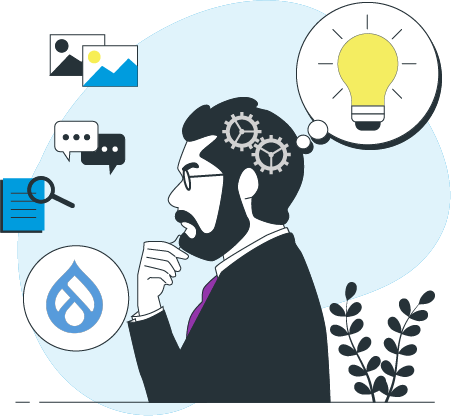
Drupal 9 End of Life (EOL) date is set for November 2023; you have a narrow window to make necessary upgrades and avoid potential pitfalls.
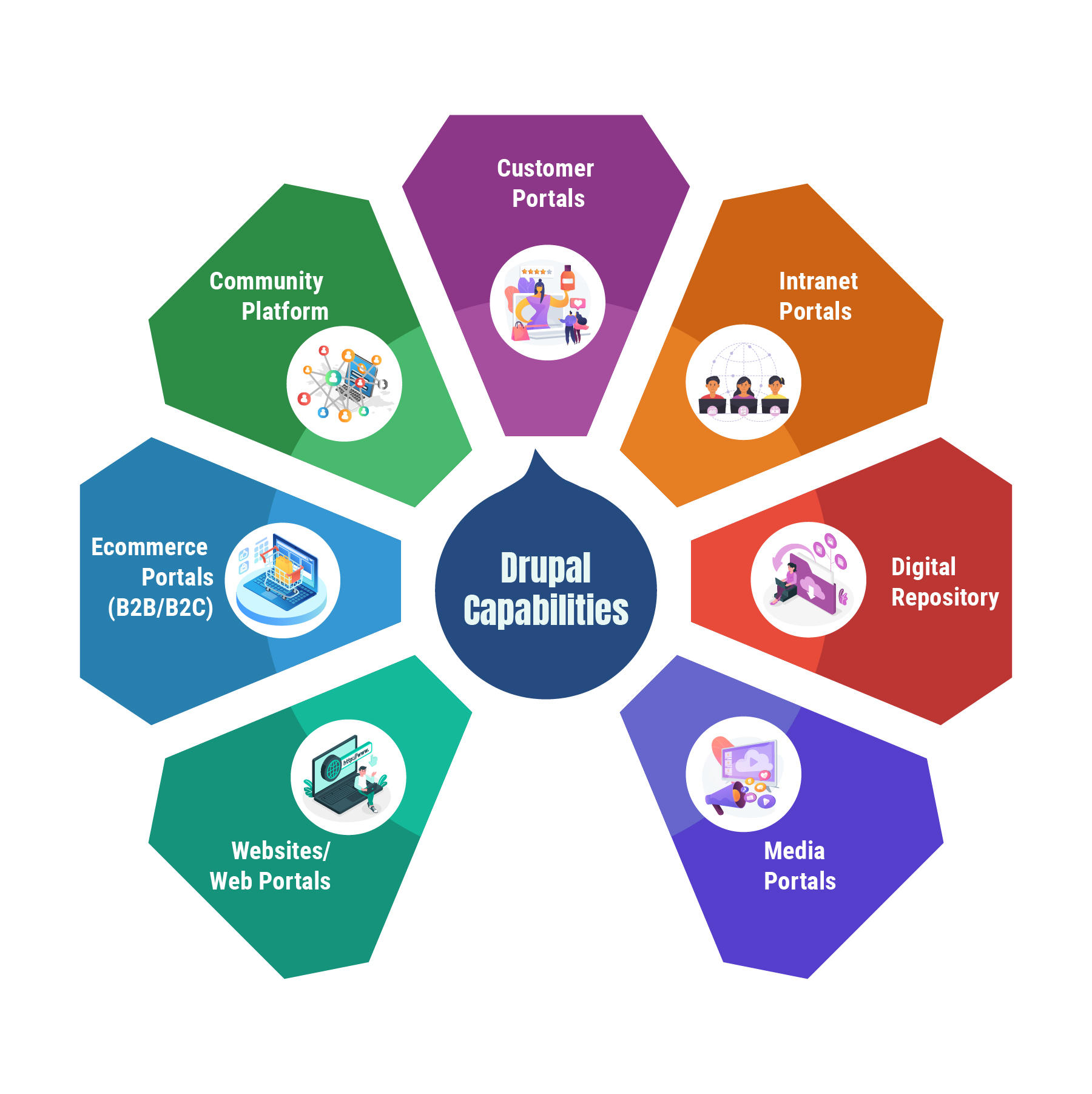
Drupal isn't just a CMS anymore. It has evolved to become a central part of the larger digital experience platform ecosystem. Designed to cater to agile marketing and communication teams, its functionality extends far beyond a traditional CMS. It offers a vast array of capabilities, suitable for a wide range of digital projects, thereby showcasing Drupal's versatility. This article explores seven business requirements ideally suited for Drupal solutions.

Effortlessly migrate your website to Drupal with Zyxware. Audit, plan, select experts, and ensure post-launch support for a seamless transition.

Explore why Drupal emerges as the preferred choice over AEM for Fortune 500 companies. Discover the advantages and key factors driving Drupal's success in enterprise web solutions.

Recently, I presented an online session for the TechCohear community at Infosys, focusing on the Schema.org Blueprints module. This module developed by Jacob Rockowitz simplifies building structured websites. It's a significant leap for Drupal in managing and distributing structured data.
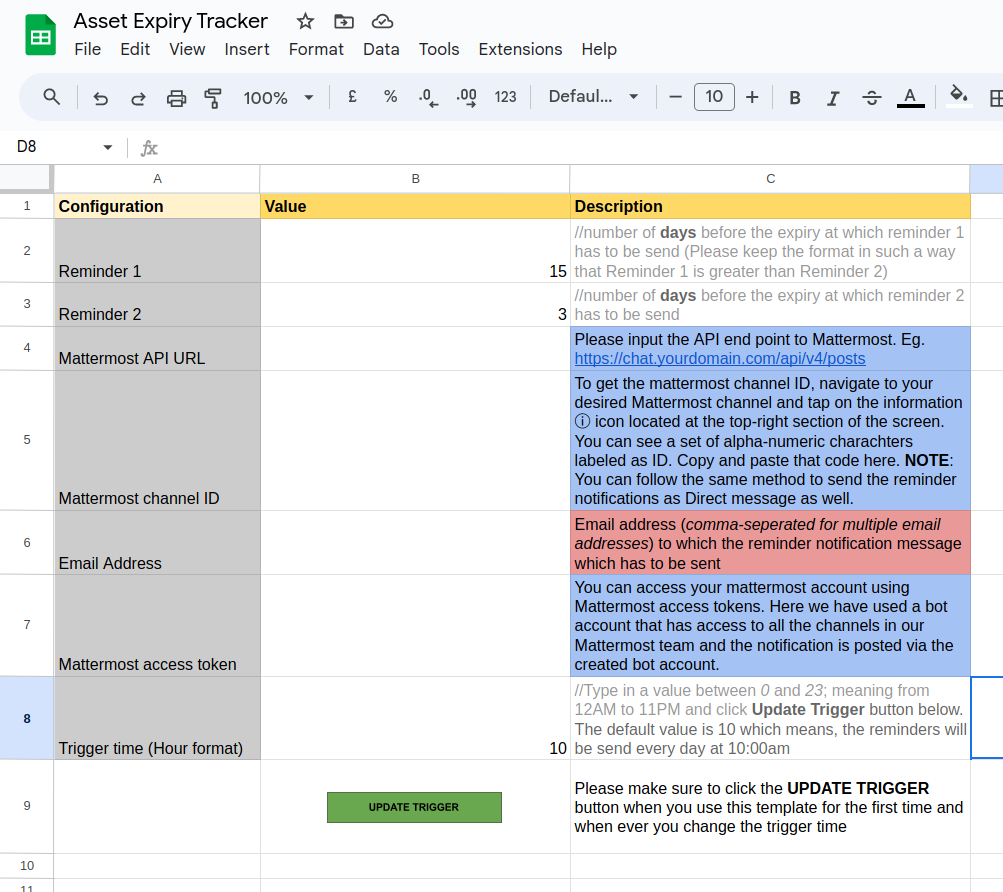
Asset Expiry Tracker is a tool designed for system administrators or project managers to effortlessly manage and track the expiry dates of critical services and assets, such as SSL certificates, domain names, and more. With Asset Expiry Tracker, admins can set personalized reminders, ensuring timely renewals and preventing potential service disruptions.
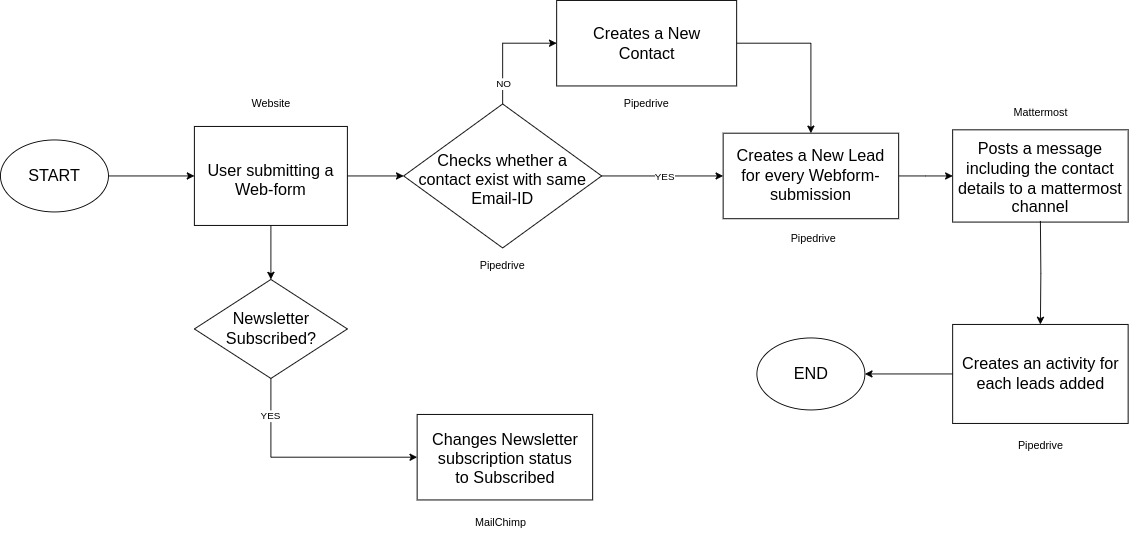
Adaptability and swift implementation of feature requests from business owners are important for successful digital ventures. When faced with the challenge of meeting the dynamic demands of the operations team and ever-changing business requirements, relying solely on native implementations can lead to prolonged deployment times and missed opportunities. Learn how we have leveraged no-code, low-code solutions and Drupal to quickly deploy a feature that made a media portal's lead management process efficient.
Explore the power of Drupal DXP with these top features. Learn why it's the preferred choice for building exceptional digital experiences
Drupal Security Team announced the final extension for Drupal 7 security support with some changes in the service levels. This article talks about what this means to a Drupal 7 website owner.

ICFOSS and Zyxware Technologies organized the 5th season of the "Back-To-Work" program for women, with the topic being "Building digital experiences with Drupal". As part of the event, The Director of Programs at the Drupal Association, Von R. Eaton, gave a presentation covering various aspects of Drupal, Drupal.org, and the Drupal Association, followed by a question and answer session with participants. The questions addressed topics such as the cost of Drupal, the necessary skills to work in the Drupal Association, mentoring opportunities, and payment for freelancers contributing to Drupal.

Learn how The News Minute (TNM), a digital news platform based in India, has adapted to the challenges posed by digital disruption in the media industry by prioritizing community engagement and implementing a membership-based revenue model.

This article discusses 4 Drupal modules useful for implementing standard features required by public sector websites.
